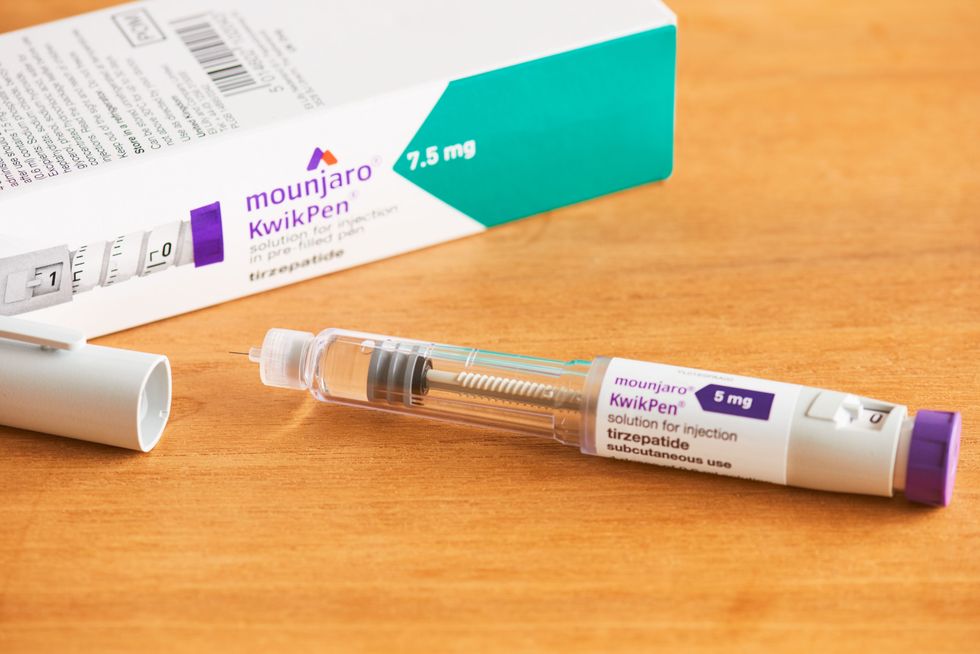How to live longer: Unexpected health benefits of weight loss drugs discovered in major study

How to live longer: Expert shares secret of 'a long and happy life' with GB News |
GB News
More than 60,000 individuals were assessed worldwide over seven years
Don't Miss
Most Read
Popular weight loss medications could significantly reduce the risk of dementia and stroke in people living with type 2 diabetes and obesity, a new study indicates.
What's more, the drugs, which encompass Mounjaro and Wegovy, could also be the key to living a longer, healthier life, the same study found.
Researchers also uncovered a striking 30 per cent reduction in mortality rates among patients prescribed these weight loss injections after a seven-year follow-up.
The comprehensive research, conducted in Taiwan, examined data from 60,860 participants across the globe with an average age of 58, all diagnosed with both type 2 diabetes and obesity.

60,000 individuals with an average age of 58 were assessed worldwide
|GETTY
Approximately half received GLP-1 agonist medications, including semaglutide (marketed as Wegovy and Ozempic) and tirzepatide (Mounjaro), while the remaining participants were prescribed alternative anti-diabetic treatments.
These drugs work by suppressing appetite, slowing digestive processes, decreasing sugar production in the liver, and boosting the body's insulin production when needed.
The researchers discovered particularly pronounced benefits among women, individuals aged 60 and above, and those with body mass index scores between 30 and 40.
LATEST DEVELOPMENTS
The findings, published in the journal JAMA Network Open, showed no significant differences in rates of Parkinson's disease or brain haemorrhages between the two groups.
The Taiwanese academics suggested their research indicates potential benefits extending beyond the established effects on blood sugar control.
"These findings suggest that semaglutide and tirzepatide may offer neuroprotective and cerebrovascular benefits beyond glycemic control, potentially improving long-term cognitive and survival outcomes in adults with type 2 diabetes and obesity," the researchers wrote.
However, they emphasised the need for further investigative work to confirm these promising results.

The study's researchers said further investigation in the field was necessary
|GETTY
Professor Tara Spires-Jones, director of the Centre for Discovery Brain Sciences at the University of Edinburgh, issued a caution regarding the findings.
"This type of study cannot determine whether the drugs reduced disease risk by directly protecting the brain," she said.
She noted that the benefits could stem from the medications' effectiveness in treating diabetes and obesity, both established risk factors for dementia and stroke.
"Further work is needed, including randomised clinical trials, to confirm these drugs are protective in people with diabetes and obesity, and other trials are needed to determine whether these drugs will be protective in people who do not have type 2 diabetes and obesity," Professor Spires-Jones added.










